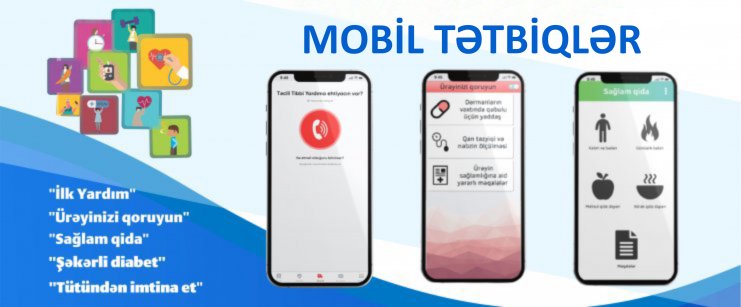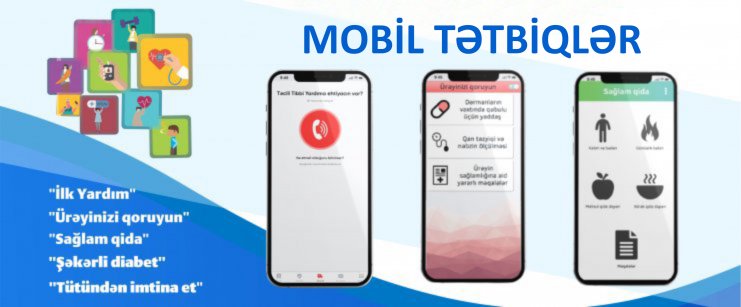With the epidemiologic transition the main burden of diseases shifted from infectious diseases to chronic noncommunicable diseases (NCDs), which have become a major challenge to global development now. Among other conditions, chronic noncommunicable diseases include circulatory diseases, chronic respiratory diseases, cancer and diabetes. According WHO data, dietary risks, high blood pressure, and high body-mass index are the three risk factors for noncommunicable diseases that overall account for the most disease burden in Azerbaijan.
The research was conducted with technical support provided by WHO Country Office in Azerbaijan. The purpose of the project was to study the trends in the prevalence of certain risk factors of NCDs (overweight and high blood pressure) for the period from 2006 to 2011, and relationship of trends depending on changes in background characteristics of women as well on current healthcare reforms in Azerbaijan.
Project started in September 2014 and finished in January 2015. A team of PHRC experts was employed for the study.
The study used databases of the Azerbaijan Demographic and Health Surveys 2006 and 2011 (AzDHS-2006 and DHS-2011) and data from the State Statistics Committee. The study analyzed characteristics and trends of blood pressure rates and body-mass indexes at regional and national level. A relationship between these parameters and background characteristics of women (age groups, level of education, wealth and exposure to mass media, etc.) and their changes was also investigated.
As the completion of the project a round table event was organized in PHRC to present a final report of the study.
PROJECT COORDINATOR: Tohfa Jamilova
CONTACTS: [email protected]









